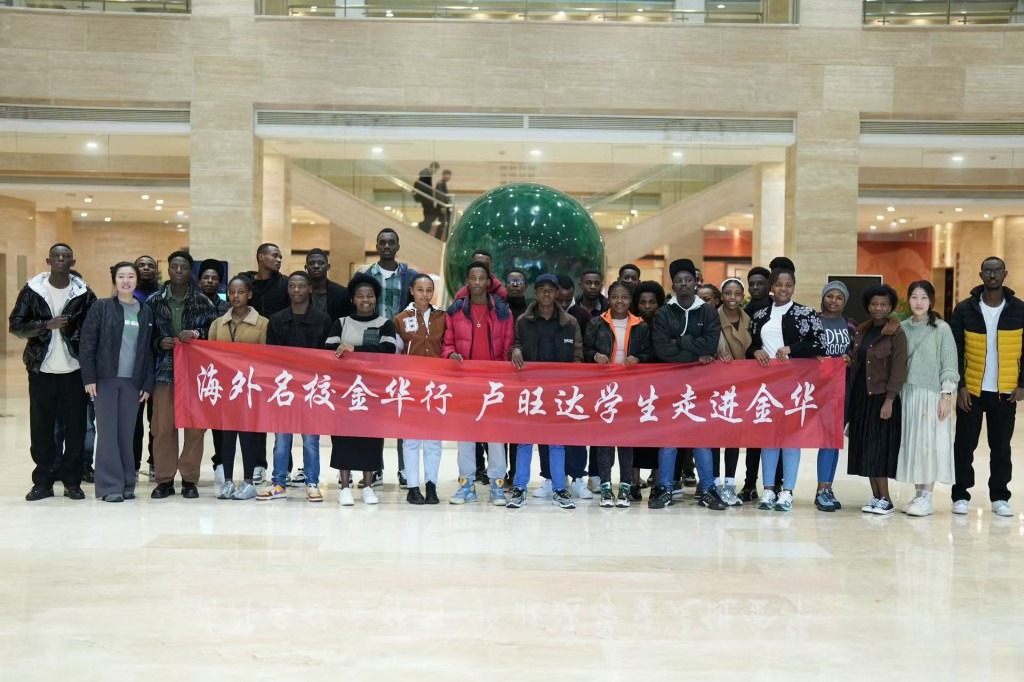China Daily editorial: Is an evil design at play to malign the CPEC?

It has been hailed as a good example of strategic cooperative partnership between two countries to promote shared economic development. Yet a recent Financial Times report claims the new Pakistani government has decided to re-evaluate the multi-billion dollar China-Pakistan Economic Corridor and renegotiate its terms, as it is "unfairly" beneficial to Chinese companies at the cost of their Pakistani counterparts.
The report, citing interviews with Pakistani ministers and advisers, may sound sensational enough. But it falls short on accuracy and objectivity. The professional standards the newspaper has been known for is unfortunately missing in the vanilla kind of report.
As a matter of fact, soon after its publication, the Pakistani officials who were interviewed trashed the report saying their comments had been taken "out of context" and intentionally distorted to suit the preconceived notion of the editorial staff.
The CPEC, a key part of the China-proposed Belt and Road Initiative, as a high-ranking Pakistani official said, is the economic future of Pakistan, and it will not compromise the country's national security or interests.
The economic corridor has injected much-needed vitality into Pakistan's economy. Of the 22 infrastructure and energy projects under the CPEC framework, nine have been completed, increasing Pakistan’s economic growth by 1 to 2 percentage points a year, and creating tens of thousands of jobs for the local people.
True, Pakistan's new government has set up a nine-member committee to re-evaluate the CPEC, but not to renegotiate the terms but to help strengthen and expedite the construction of the corridor and provide more benefits for the people in Pakistan.
Ignoring these facts to only claim the CPEC is part of China's ambitious plan to extend its geopolitical influence is at best obtuseness and at worst an evil design to drive a wedge between the two all-weather friends.
Similar evil designs have been at work to delay or disrupt the development projects involving China in some other countries. Perhaps such attempts are part of a larger game plan to malign the projects China has proposed to promote shared economic development. And if that is the case, there is a need for China and its partner countries, including its neighbors, to take Western media reports on development projects with a pinch of salt.
Attempts to find loopholes where none exists do not help any cause, least of all the cause of shared economic development. But whether the West, Western media, in particular, will accept this fact is anybody's guess.
Today's Top News
- Manila the one acting like a modern-day Viking with its plundering in the waters
- China's box office revenue totals 42.5 bln yuan in 2024
- Brewing rich legacy of tea culture
- Investment in water projects bears fruit
- Spurring consumption among priorities
- Efforts in opening-up, innovation to inject impetus into business






























